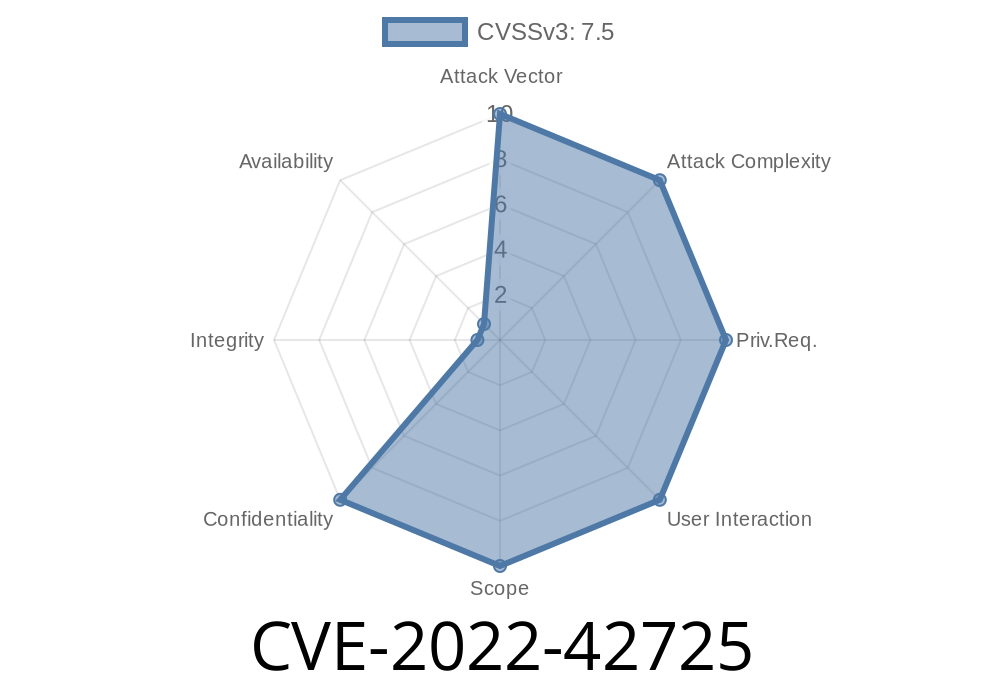This could result in sensitive information being viewed by remote attackers. An attacker could host a directory with a symbolic link to an arbitrary destination, and if the target of the link was accessible from the Internet, a remote attacker could possibly access the target. By default, OpenSSH does not allow connections to any IP address. To work around this problem, you could either use a directive like ControlMaster no or use the ssh command with an alternate port number. However, there is a more secure solution. The directive ControlPath could be used to specify that connections should go through a gateway server, which could be configured to accept connections on a nonstandard port. The gateway server would then have to be protected against remote attacks. If you do not have control over the gateway server, you could use an IP address that could not be reached from the Internet.
CVE-2023-42726
This is not a security vulnerability, but there are some important implications. If you are affected by this issue and your environment uses SELinux, then the fix is as simple as changing the configuration of the affected services to use a nonstandard port.
Weak TCP ports
: A security risk
OpenSSH is a secure and powerful tool for remote administration. However, one of the features that make it so great also makes it vulnerable to attack. The default port used by OpenSSH is TCP port 22. This means if your SSH server is contained on a public facing network, such as the Internet, then anyone can connect to it from anywhere on the Internet.
A more secure solution would be to use an alternate port number. The directive ControlMaster no in the ssh configuration file ensures that only connections coming from certain IP addresses are accepted. Additionally, you could use the ssh command with an alternate port number which would work around this problem.
Timeline
Published on: 10/10/2022 05:15:00 UTC
Last modified on: 10/11/2022 18:21:00 UTC
References
- https://github.com/linuxmint/warpinator/commit/5244c33d4c109ede9607b9d94461650410e2cddc
- https://github.com/linuxmint/warpinator/commit/8bfd2f8b3f1b0c0f0a5a6d275702d107b9e08a94
- https://github.com/linuxmint/warpinator/commit/95124fd4468683dd69ddd7b3da0e9906ce6beae2
- https://github.com/linuxmint/warpinator/commit/f4907ef6a17a189d56ab0a9da4b53190b061ad75
- https://web.nvd.nist.gov/view/vuln/detail?vulnId=CVE-2022-42725
